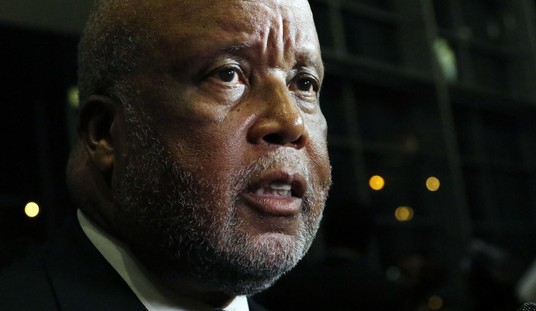Although there is little reason to subscribe to conspiracy theories which suggest that the financial crisis was “manufactured” by partisan politicians and their financiers in order to win the 2008 election, two weaker narratives connecting politics and the financial crisis are a little more plausible. One is holds that an economic system, already weak in the basics, may have been pushed over the edge by a financial play that got away in a kind of economic Chernobyl. Most economists think that financial manipulation is unlikely to have brought down the economy to the extent that it fell. The second narrative holds that that whatever contributory effect political corruption had on the onset of the crisis, inappropriate linkages undoubtledly exist and should be eliminated on first principles. A series of stories have been detailing some of the dubious links between the evil bankers and our esteemed saviors.
Dan Riehl connects the dots between politicians and the Stanford Financial Group, now charged with an $8 billion fraud. The Politico notes that they gave substantial sums to the Democrats and about 1/10th as much to the Republicans.
Since 2000, R. Allen Stanford, the chief of the Stanford Financial Group in Houston, his wife and company gave $2.2 million in political contributions – $1.7 million to Democratic candidates and committees – according to Federal Election Commission records.
Now it is difficult to judge devils by the length of their pitchforks, but the length of the pitchforks is secondary to the existence of the devils themselves. And it is they who count. Political corruption disables the safety devices of our society. No matter how much regulation is in place, all of it is worthless if they have been shorted out by the watchdogs. So whatever version of conspiracy theory you subscribe or don’t subscribe to, it is still possible to believe that politics played a role in the current financial crisis. Corruption undid the gates, tied down the circuit breakers, disarmed the alarms. It opened the door to Whatever It Was that flashed past in the night. The shenanigans of the Stanford Financial Group are a sample. But the sample, by definition, is only a small taste of the pudding.
The greatest tragedy of the current meltdown is that it may not have been caused by mega-villains, who sat like a Doctor Evil on a mountaintop fortress planning to bring down the system, so much as a fire caused by a bunch of clowns who thought it was a good idea to leave on the gas in the oven before lighting up cigarettes. A Norwegian friend once told me this joke. “How do you sink a Norwegian submarine?” I said I didn’t know. “Swim down to it in diving gear and knock to open the door.” And he told it with a straight face too.









Join the conversation as a VIP Member